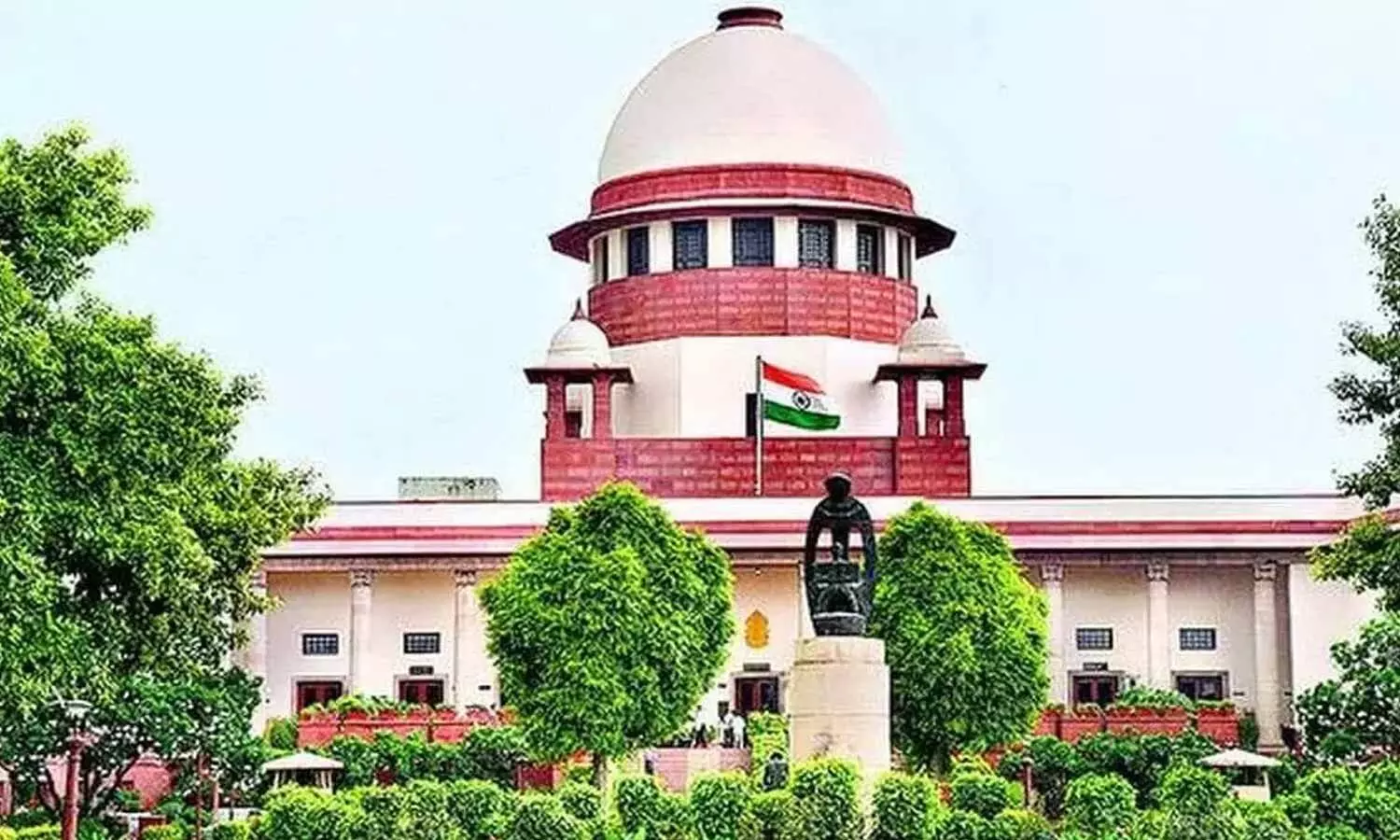No relief for Chandrababu Naidu in skill scam case: Supreme Court refuses to quash, but gives split verdict
The two-judge bench of the Supreme Court of India delivered a split verdict on the appeal of Chandrababu Naidu who sought quashing of the Skill Development Scam case without giving a relief to Naidu.

NEW DELHI: The two-judge bench of the Supreme Court of India delivered a split verdict on the appeal of Telugu Desam party president N Chandrababu Naidu who sought quashing of the Skill Development Scam case without giving a relief to Naidu. Both judges did not allow the quashing of the case but differed on the applicability of Section 17 (A) that relates to the seeking of approval of the competent authority — the Governor.
While Justice Bela Trivedi maintained that the quashing petition was dismissed, Justice Anuradha Bose gave liberty to the State Government to seek approval afresh without allowing the quash petition.
With the divergent views expressed by the two judges on the applicability of Section 17 A, the division bench referred the matter to the Chief Justice of India. For now, there is no relief for Naidu in the skill scam case.
Also Read: Hearing on Chandrababu Naidu’s anticipatory bail in IRR case completed, verdict reserved
Justices Aniruddha Bose and Bela Trivedi disagreed and referred the matter of the quash petition filed by former Chief Minister Nara Chandrababu Naidu in the skill development scam case to the Chief Justice of India.
Earlier, both the justices delivered their verdicts separately. Justice Trivedi said that Section 17A of the Prevention of Corruption Act cannot be made retrospectively before the 2018 amendment. “Statutue cannot be applied retrospectively unless expressly stated. 2018 amendment was only made effective from the specified date, it cannot be made retrospective or retroactive,” he said reading out the verdict.
Justice Trivedi further said: “Applying Section 17A retrospectively will give rise to anomalous results,..if this submission is accepted, all pending proceedings will become infructuous, disturbing the very objective of the Act. It cannot be the objective of Sec 17A to give benefit to dishonest public servants, if it is applied retrospectively, it will frustrate many pending inquiries and investigations. Lack of approval of Section 17A cannot be a ground to quash the FIR especially when offences under IPC are also registered.”
Unless a different intention was disclosed in the new Act, repeal of an Act would not affect the right of the investigative offenses for prior offenses nor would vitiate any previous proceedings, she added.
However, Anirudha Bose while refusing to quash the petition differed from the view of Justice Trivedi and said that the State Government could now get the approval from the Governor under Section 17-A to proceed against Chandrababu Naidu.
“Appellant (Chandrababu Naidu) cannot be proceeded against for offenses under 13(1)(c) and 13(1)(d) and 13(2) under the Prevention of Corruption Act as no previous approval of the concerned authority has been obtained. Liberty is given to the state to obtain the approval. However, I refuse to quash the remand order,” he said.
" As we have taken different interpretations on Section 17A, we refer the matter to the CJI for appropriate directions," Justice Bose said.


